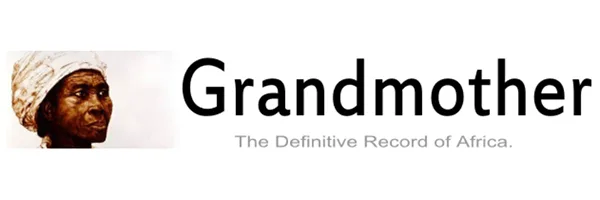The Rastafari movement emerged in Jamaica during the 1930s and is an Afrocentric religion that sees Ethiopia as a promised land and Emperor Haile Selassie as a divine figure. Haile Selassie was the emperor of Ethiopia from 1930 to 1974 and was seen as a symbol of black pride and resistance against colonialism by many African Americans and Jamaicans.
Rastafarians consider Emperor Haile Selassie as the reincarnation of Jesus Christ, and they revere him as the Jah, which means “God” in their religious beliefs. They believe that Haile Selassie is the only true ruler and that all other political leaders are corrupt. They also see him as a leader who fought against colonialism and worked for the liberation and unification of African countries.
The connection between Rastafarians and Emperor Haile Selassie goes beyond spiritual beliefs. Rastafarians also draw inspiration from Haile Selassie’s speeches and actions, which they see as advocating for African unity, freedom, and liberation. Haile Selassie himself was known for his opposition to racism and colonialism and worked towards the development and modernization of Ethiopia.
Emperor Haile Selassie, who ruled Ethiopia from 1930 to 1974, died in 1975, but he lives on through the romantic lyrics of the late Jamaican reggae star Bob Marley and Ethiopian pop star, Tewedros Kassahun, better known as Teddy Afro.
Yet there is a wide range of views of the man whose full official title was: “His Imperial Majesty Haile Selassie I, Conquering Lion of the Tribe of Judah, King of Kings and Elect of God.” Some remember him as a benevolent ruler who resisted Italian colonization. For others, he is a god, yet others view him as a tyrant.
Marley’s portrayal of Selassie is strongly influenced by the Rastafarian belief that he is God incarnate, as allegedly “prophesied” by Marcus Garvey. On the other hand, Teddy Afro, an Ethiopian, is promoting his version of Ethiopianism (Ethiopiawinet).
In conclusion, the connection between Rastafarians and Emperor Haile Selassie is based on religious, spiritual, and political beliefs. Rastafarians view him as a divine figure, a symbol of black pride, and a leader who fought for the liberation of African countries.
Watch this episode as Dr. Bunmi shared insight into the topic.






